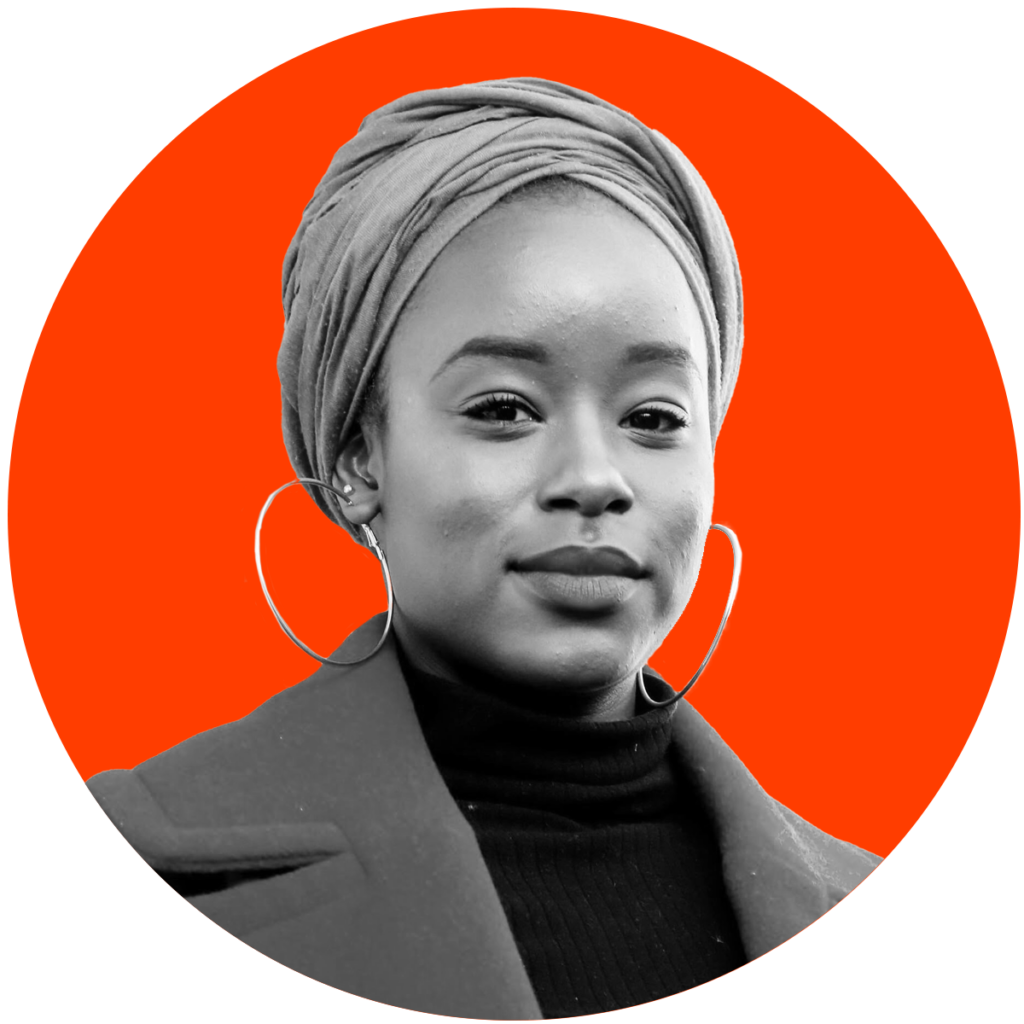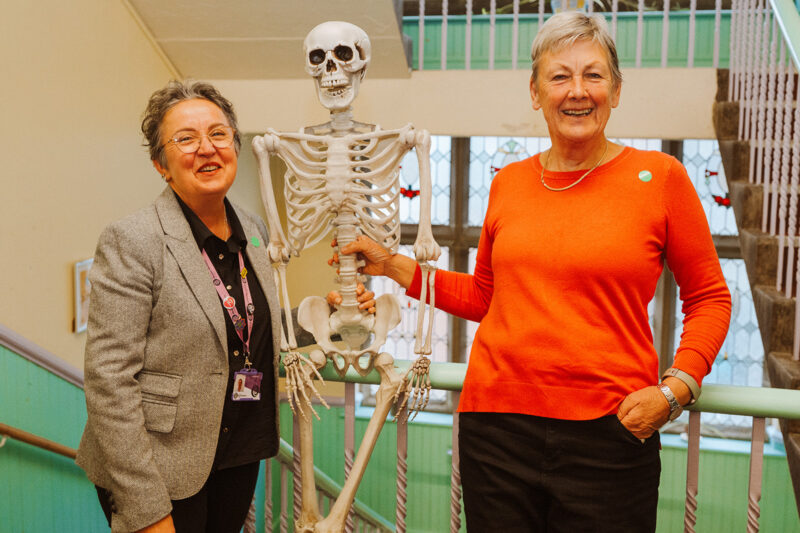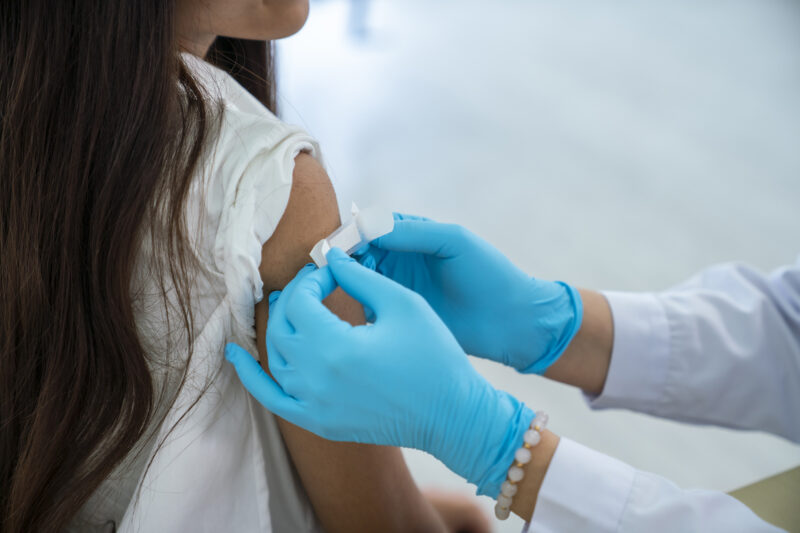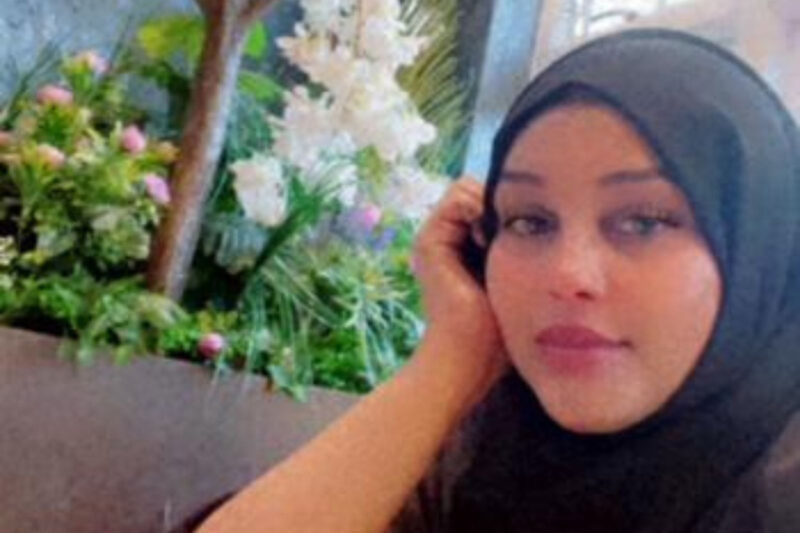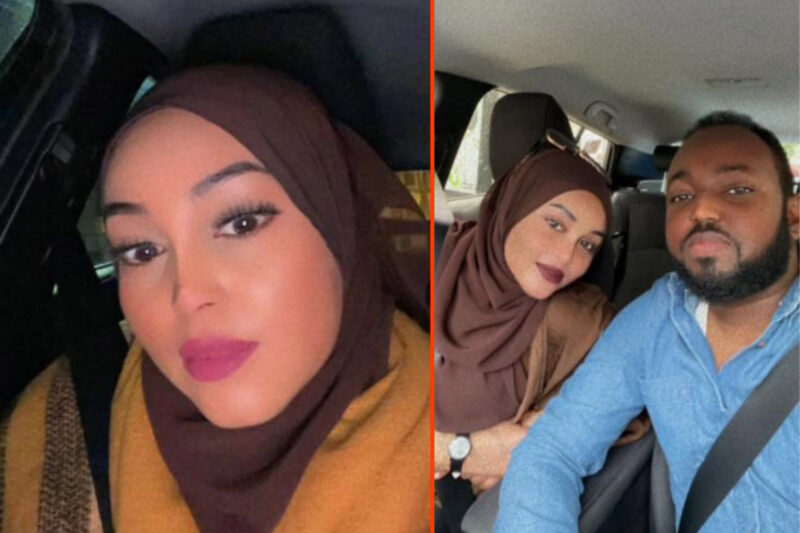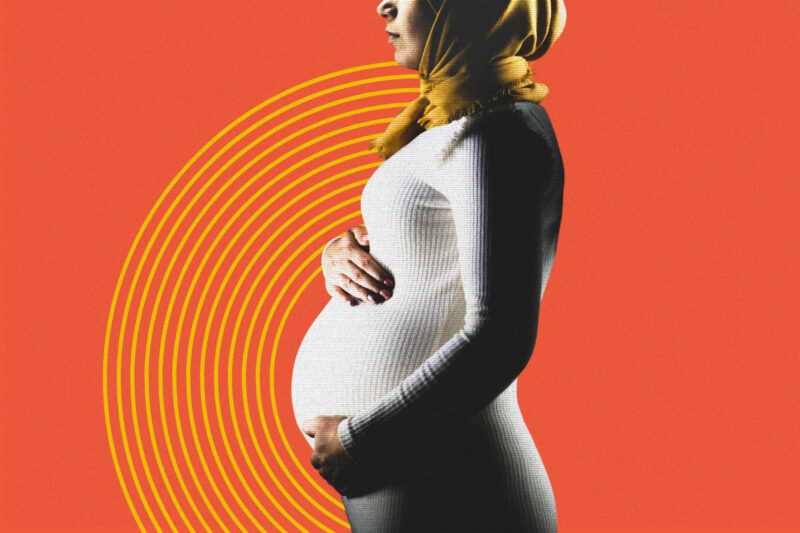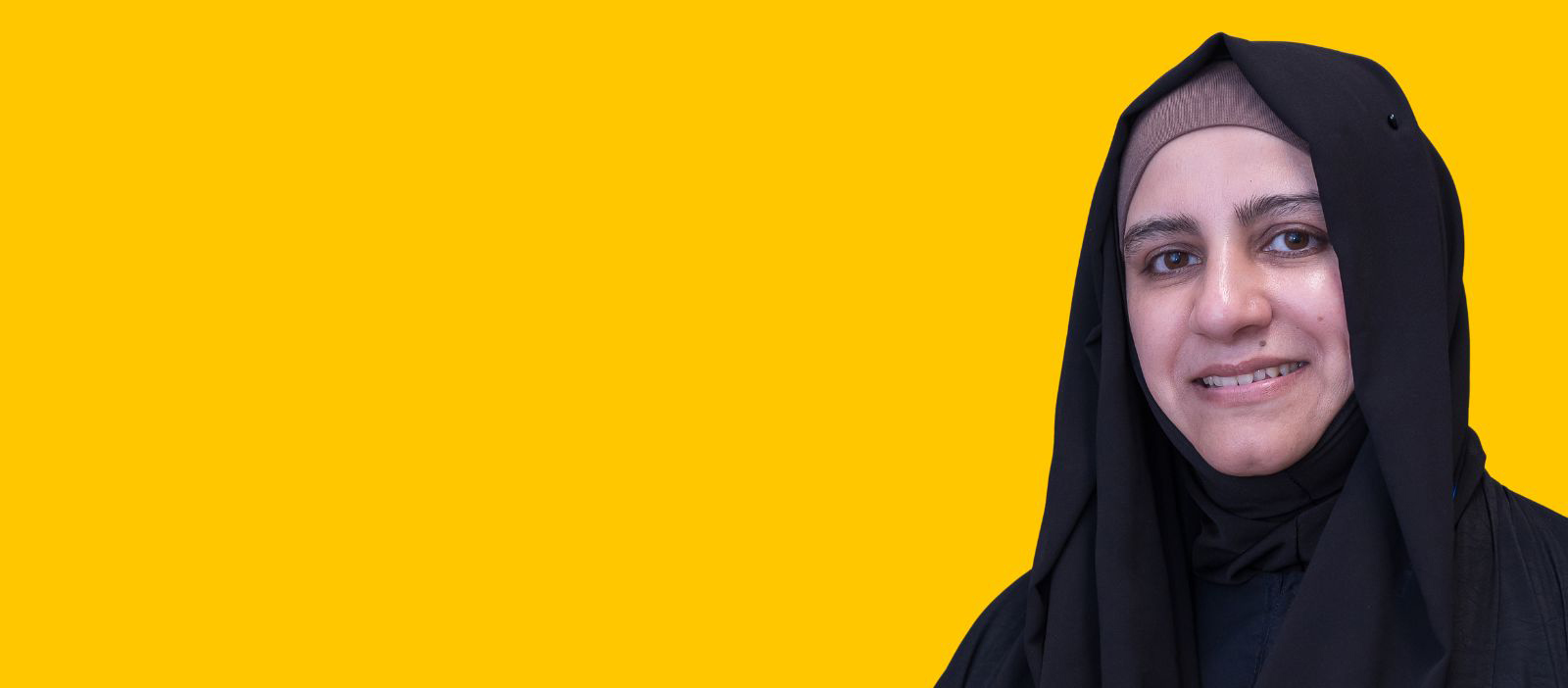
Maysoon Shafiq Q&A: ‘I want to be the woman who holds up the ladder for others’
‘I’ve realised the purpose of life and I don’t think I found chaplaincy, but rather, it found me,’ says Maysoon Shafiq, NHS England’s first female Muslim lead chaplain. Photograph courtesy of Maysoon Shafiq
The first female Muslim chaplaincy lead in NHS England on breaking stereotypes and finding her purpose in life
Maysoon Shafiq has been a chaplain in the making for the past 20 years. At 19, her father passed away from cancer and Shafiq found herself taking on the administrative and emotional duties that came after his death. Now, the 39-year-old is providing similar care for other families as the lead chaplain at Rotherham NHS Foundation Trust, making her the first female Muslim chaplaincy lead in NHS England.
Shafiq won the Religious Advocate of the Year award in 2022 and 2023 at the British Muslim Awards and was named the Most Impactful Alimah at the British Mosque Awards in 2021. She is also the founder and director of Al Mu’Minun, a non-profit based in Kirklees that educates women and young people about Islam.
In addition to her role, Shafiq is completing a PhD at Sheffield Hallam University. Her research will focus on the stigma and cultural taboos attached to palliative care within the Muslim community, particularly among the Pakistani population.
Here, Shafiq tells Hyphen about her journey to chaplaincy, and the legacy she hopes to build.
This interview has been edited for length and clarity.
What inspired you to pursue a career in chaplaincy?
In 2017, I completed my first Umrah and realised how lost I was in this world. At the time, I was working in the legal sector and not giving back to the community or learning about my religion. On my return, I went on this journey of finding Islam again. I completed an Islamic course and began my master’s in education and a PGCE qualification.
While I was studying, I stumbled upon chaplaincy as a career. My first job in chaplaincy was at Airedale General Hospital in West Yorkshire and I absolutely loved it. I loved that I could recite the Qur’an to sick patients, go into the ICU, hold hands with patients who didn’t have anybody around them, and pray for them. I’ve realised the purpose of life and I don’t think I found chaplaincy, but rather, it found me.
What does your day-to-day work entail?
Chaplaincy is a patient-led service so the workload is varied. I take on more of a managerial role, so I’m making sure patients have sufficient provision in terms of spiritual and pastoral care depending on their faith. For example, if we have Roman Catholic patients, I’ll ensure they have a priest who can come on-site and give them their last rites. I’ve also had to organise burial arrangements and provide the shroud for a Muslim patient when they’ve passed away.
Have you faced any challenges as a Muslim woman throughout your career?
At the beginning, I would go to mosques and ask for them to offer more prayer spaces for women and try to run some Islamic classes, but they always refused. Muslim women just aren’t in leadership roles at mosques. They are starting to remove the obstacles, but we do really need more women.
There’s also a lack of awareness of women in such roles. Unfortunately, many Muslim women are not aware of their rights. Culturally, they are fed what they are told by their male counterparts. I have to speak to a lot of funeral directors and a lot of men from the community and they have no other choice but to deal with me. It is tough in that respect, but I do feel like I’m breaking down stereotypes.
How do you approach working with patients of different or no faith backgrounds?
All chaplains are trained in pastoral support, which means just listening to our patients and their needs, regardless of their faith backgrounds. Believe it or not, I’ve spoken to Muslim families who don’t want me to pray for them. We assume that a Muslim patient will automatically want some kind of spiritual relief. But sometimes, people just want you to sit and listen to them. They want to see the chaplaincy service as somebody who isn’t medical, somebody who isn’t going to be taking any blood from them or extracting any samples. It’s somebody who is a neutral party. My role is always to advocate that.
How do you build trust between yourself and patients who aren’t looking for spiritual support?
At the start of my career, I used to think a lot about how I came across considering my dress code is a black hijab and abaya. That can be very imposing for someone who isn’t Muslim. But from my many years of service now, I’ve realised that people just want someone to talk to them on their level. They’re so vulnerable when they’re in the hospital that they just want you to speak with them and be human. In that moment, your faith is secondary to them.
How do you balance your own faith with the responsibility of guiding others?
Lots of prayer. I don’t just do my five daily prayers, but I also do the voluntary ones as well. It’s what keeps me grounded and sane. It allows me to bring people closer to Allah and to look after and be strong in myself. Only then can I ask Allah to guide me and others.
What kind of legacy do you hope to build?
I would really like to see more Muslim women appointed in chaplaincy roles. We’ve got 900 chaplains in the whole of England but only 35 team leads, and I’m the only female Muslim. I want there to be more. I know I’ve paved the way and I’m an ambassador, but I really want to be that woman that holds up the ladder for other women.
 Newsletter
Newsletter

